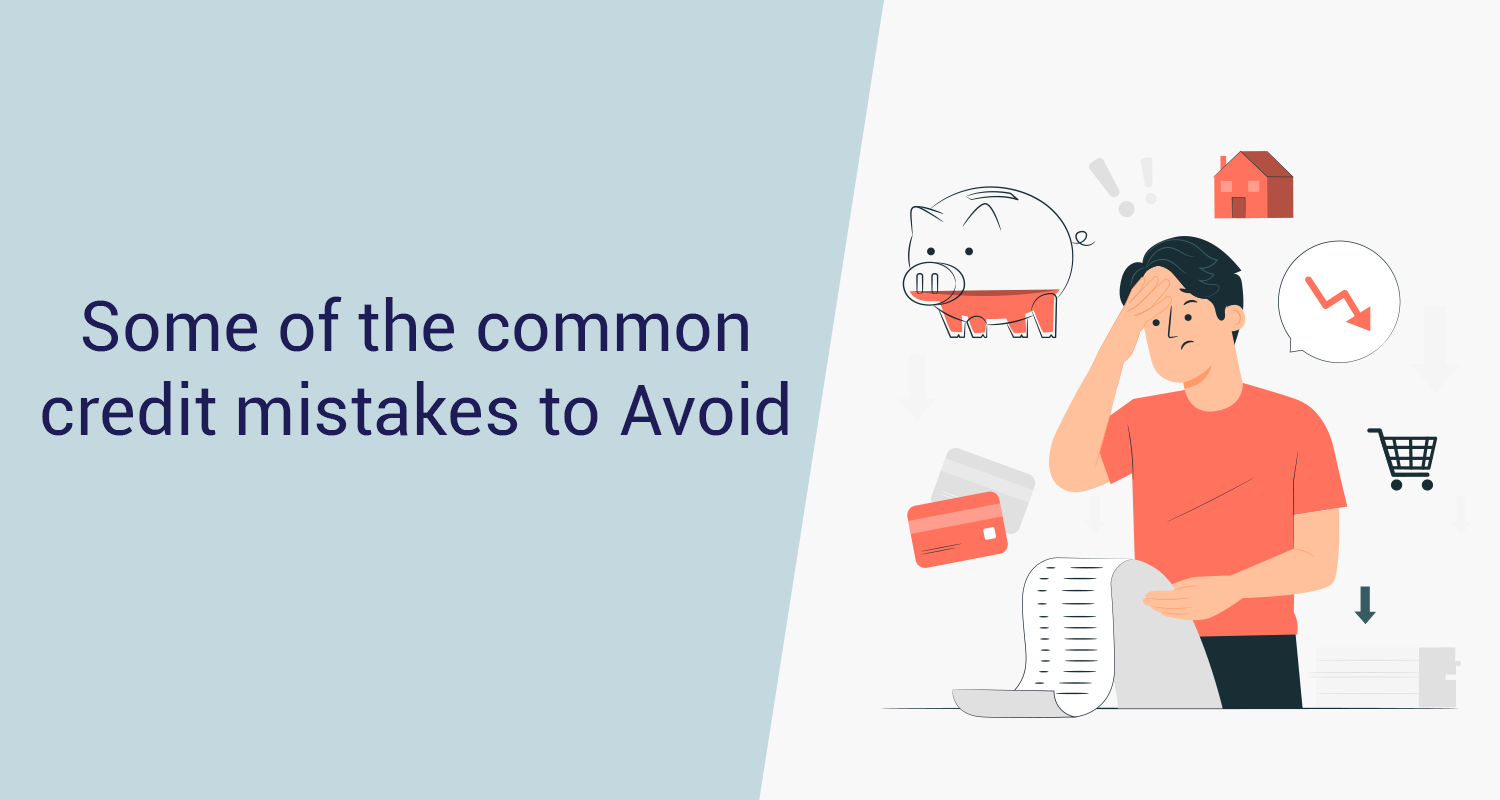Guaranteed Tips To Increase Your CIBIL Score Fast

Approval for any loan that a person takes, whether for personal or business purposes, depends primarily on two aspects—the value of the security provided and the person’s CIBIL, or credit, score.
In fact, for unsecured loans, which do not require the borrower to put up any security, the CIBIL score assume even more significance. The CIBIL score is a critical factor is deciding not only the amount approved and disbursed, but also affects the speed at which the loan is sanctioned and the interest rate charged.
Ratings for CIBIL Score Range:
| Rating | CIBIL Score Range |
|
Poor |
300 to 500 |
|
Average |
500 to 650 |
|
Good |
650 to 750 |
|
Excellent |
750 to 900 |
What Is CIBIL Score?
A CIBIL score is given using predetermined criteria based on a person's credit history. This includes aspects such as outstanding personal loan or a secured loan that the person may have. Additionally, it considers things like how often credit cards are used by the person and how well monthly dues have historically been repaid.
The three-digit CIBIL score falls between 300 and 900. A high CIBIL score assures a lender that the borrower is financially responsible and has repaid prior loans on time, in full, and with interest in addition to having a reliable source of income from a business or job.
On the other hand, a low CIBIL score informs the lender that the borrower is a high-risk customer who has a history of making late payments or may have even defaulted. Additionally, it suggests that there is a strong likelihood that the borrower would default on the loan due to the possibility that their financial situation and income are unstable.
However, there are some guaranteed ways to improve your CIBIL score.
Tips To Increase CIBIL Score
1. Automate Payments and Stay Disciplined:
Forgetting to pay on time can hurt your credit score. Set up automatic reminders or bill pays to ensure on-time payments for credit cards and loans. This way you can maintain financial discipline by sticking to a budget and avoiding unnecessary credit use.
2. Stretch Your Loan Term Strategically:
While longer loan tenures mean more interest paid overall, they can improve your credit score in the short term. Lower monthly payments reduce your credit utilization ratio (debt compared to credit limit) and show responsible credit management. But before you do this, weigh the benefit against the additional interest cost.
3. Retain Your Old Credit Cards:
Maintaining older credit cards, even if you don't use them frequently, can be beneficial. A long credit history with responsible management reflects positively on your credit score. Closing old accounts can actually shorten your credit age and potentially harm your score.
4. Avoid Debt Overload:
Spreading yourself by taking up multiple loans or having high credit card balances can be risky and damage your credit score. Lenders see it as a sign of potential financial strain. Manage your borrowing responsibly and only apply for new credit when you can comfortably handle the additional debt.
Conclusion
Prepayment of outstanding debt, especially of unsecured loans, and a reduction in credit card usage can help raise your CIBIL score fast. Spotting any errors in your credit report and getting those corrected can help, too.
The CIBIL score is an important factor that lenders, including non-banking finance companies such as IIFL Finance, consider before approving a personal or business loan. IIFL Finance provides business and personal loans through an online application process that shortens the turnaround times. The company offers unsecured business loans of up to Rs 30 lakh and personal loans of up to Rs 5 lakh at competitive interest rates.
FAQs
Q1. How to increase CIBIL score from 500 to 700?Ans. There are multiple ways that you can increase your CIBIL score. Start by avoiding closure of older credit cards, monitoring credit reports, making on-time payments, avoiding multiple credit cards, loans or other debt instruments, avoiding too many inquiries about credit cards and so on.
Q2. Is 700 to 750 considered a good CIBIL score?Ans. Yes, a CIBIL score within the range of 700 to 750 is considered a good score.
Q3. How can you increase your CIBIL score to 900?Ans. These are some of the ways you can improve your CIBIL score and possibly take it up to 900:
- Timely repayment of credit card bills and loan EMIs without any defaults.
- Keeping the utilization as low as possible on all the credit cards and loans.
- Avoiding closing old cards and creating longer credit history with responsible usage.
- Regularly checking credit reports from CIBIL at least annually for errors or fraudulent transactions.
- If you have a family member with excellent credit, becoming an authorized user on their card can help build your score.
- Having a good mix of both installment loans (home, auto, personal) and revolving credit (credit cards) to improve your credit mix.
- Setting up autopay for at least the minimum due on all bills directly from your bank account.
- Not accumulating too many debts.
Disclaimer: The information contained in this post is for general information purposes only. IIFL Finance Limited (including its associates and affiliates) ("the Company") assumes no liability or responsibility for any errors or omissions in the contents of this post and under no circumstances shall the Company be liable for any damage, loss, injury or disappointment etc. suffered by any reader. All information in this post is provided "as is", with no guarantee of completeness, accuracy, timeliness or of the results etc. obtained from the use of this information, and without warranty of any kind, express or implied, including, but not limited to warranties of performance, merchantability and fitness for a particular purpose. Given the changing nature of laws, rules and regulations, there may be delays, omissions or inaccuracies in the information contained in this post. The information on this post is provided with the understanding that the Company is not herein engaged in rendering legal, accounting, tax, or other professional advice and services. As such, it should not be used as a substitute for consultation with professional accounting, tax, legal or other competent advisers. This post may contain views and opinions which are those of the authors and do not necessarily reflect the official policy or position of any other agency or organization. This post may also contain links to external websites that are not provided or maintained by or in any way affiliated with the Company and the Company does not guarantee the accuracy, relevance, timeliness, or completeness of any information on these external websites. Any/ all (Gold/ Personal/ Business) loan product specifications and information that maybe stated in this post are subject to change from time to time, readers are advised to reach out to the Company for current specifications of the said (Gold/ Personal/ Business) loan.



